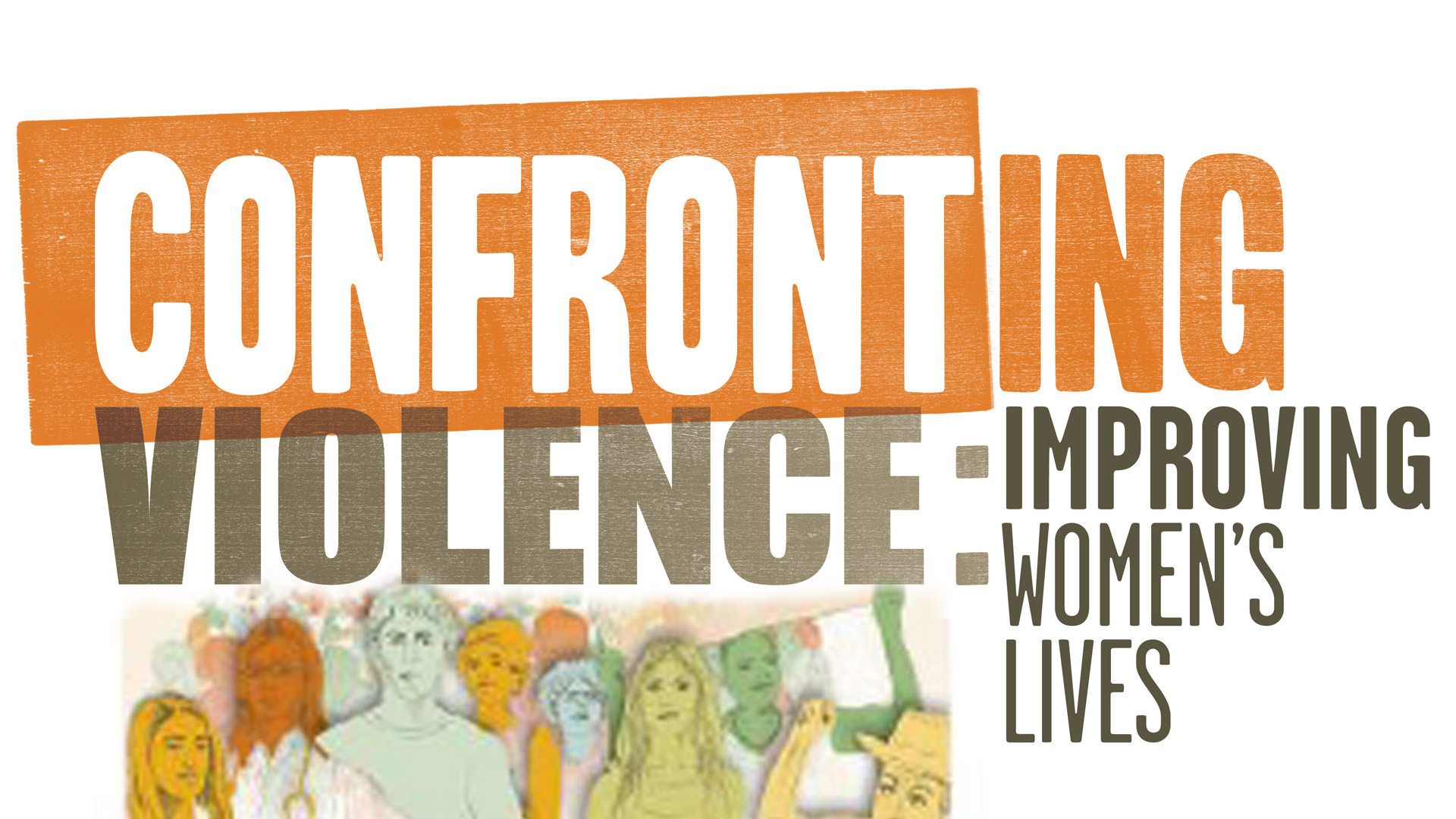

2019 | March 18 – April 27
Eccles Health Sciences Library, Main Level
Library Hours & Directions
The Confronting Violence, Improving Women’s Lives exhibit tells the story of nurses who changed the medical profession and dramatically improved services to victims of domestic violence. Until the late 1970s, medicine as a whole largely failed to acknowledge domestic violence as a significant health issue. Nurses were in the vanguard as they persistently and passionately convinced the larger medical community to identify victims of battering, to respond adequately to their particularly sensitive needs, and to work towards the prevention of domestic violence. This exhibit features the stories and research of these dedicated nurses.
The exhibition begins by contextualizing nurses within a longer trajectory of reformers who have sought to end family violence and improve women’s lives. While feminist agitation spawned significant reform in law and social services, the medical profession remained largely unresponsive to the needs of women who had suffered abuse. Nurses began working for change. They created and implemented some of the first hospital protocols for treating women who presented with violent physical injuries. Hospitals across the country eventually adopted protocols that served as models of effective medical intervention on behalf of battered women.
In addition to developing protocols for care, throughout the 1980s nurse reformers researched, published, and shared ideas on both the causes of domestic violence and best practices for responding effectively to women who were battered. By the 1990s, all of the major medical and public health organizations recognized domestic violence as a significant health issue and urged their members to take action. The depth and breadth of the nurses’ advocacy and research resulted in positive and important changes in less than twenty years’ time. While these reforms were significant, the work of ending violence in American homes continues to this day. The exhibition concludes with information on how we can all confront violence, work to end it, and improve women’s and our lives.
The National Library of Medicine produced this exhibition.